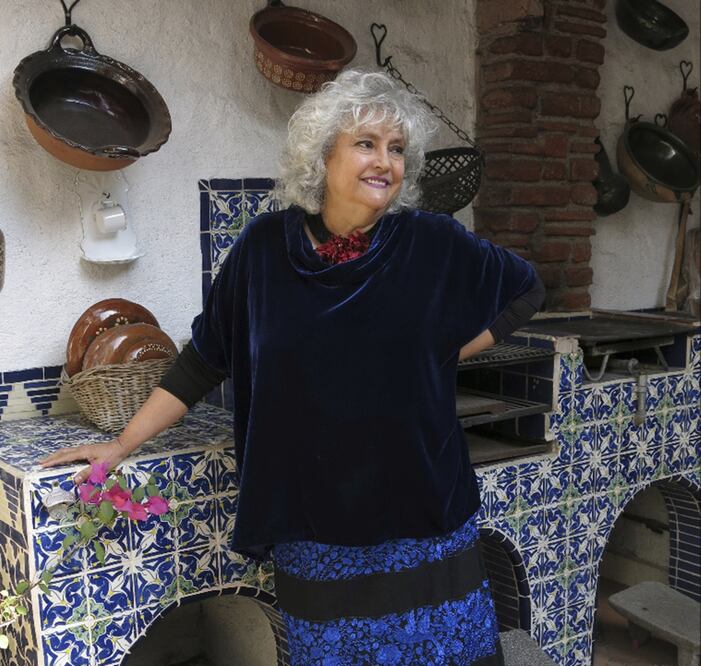Más Información

Ministra María Estela Ríos será ponente en caso de prisión preventiva; Suprema Corte aclara que no está impedida

Ramírez Cuéllar reconoce “errores” en reforma judicial; plantea posponer elección judicial hasta 2028

Ignacio Mier anuncia cierre definitivo de salón de belleza del Senado; precios iban de los 100 hasta los 500 pesos, dice
Mexican writer
Laura Esquivel
has built a saga that tells the story of a traditional Mexican family within Mexico. The story started with Tita back in the Mexican Revolution in Como agua para chocolate , ( Like Water For Chocolate ), yet the story reaches now the current Mexican reality in Mi Negro Pasado ( My Dark Past ) the final book of the trilogy.
Laura Esquivel reached millions of readers with Como agua para chocolate , published in 1989 , and continued the story in 2016 with El diario de Tita ( Tita's Diary ) and now with Mi Negro Pasado .
In Mi Negro Pasado , Laura Esquivel points out Mexican racism and the effects of social media in relations portrayed in the story of a woman who faces divorce in the current era.
The Mexican writer discloses that writing her two latest books was like writing a musical score since there were plenty of characters and the stories are portrayed in the present.
"What I intend in this story is that the protagonist becomes a mirror of ourselves, human beings. Somehow, like her, we all have suffered a generational break in which stories and events have changed the life as we know it," explained the writer.
Laura Esquivel has a philosophy focused on emotions, on millennial knowledge, on the idea of creating community, caring for the environment and natural resources, and recovering the alchemy of grandmothers.
"From the first book of the trilogy, it was very important to write about the kitchen , but as the space that women ourselves have abandoned and devalued. Changes occur within the kitchen, thus it is the place where we can change as individuals and restore the ties we have lost,” concluded the writer.
sg
Noticias según tus intereses
[Publicidad]
[Publicidad]











